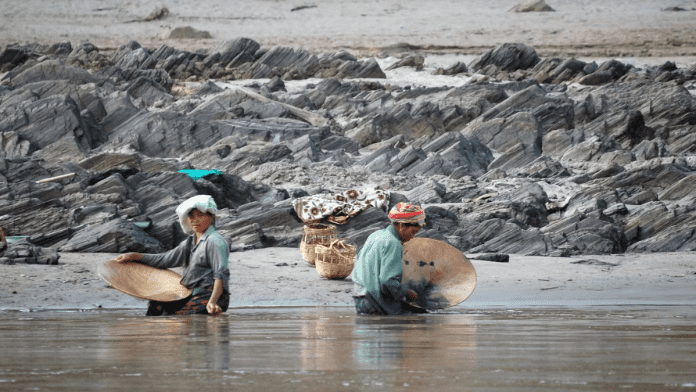News In Brief:
– China’s construction of dams on the Mekong River is devastating downstream communities by disrupting vital resources like river weed and fish catch.
– Despite efforts by advocacy groups and concerns raised by locals, the Mekong River Commission’s response appears insufficient in addressing the social and environmental impacts.
China’s relentless construction of dams along the Mekong River is having dire consequences for downstream communities in Thailand, particularly affecting local farmers and fishermen.
According to a report, satellite imagery reveals that China has recently put into operation its 12th dam on the Mekong, disrupting the river’s natural flow. This alteration has caused significant challenges for communities like Kam Thon’s village in northern Thailand.
Kam Thon, a resident of Chiang Khong, depends on the Mekong for her livelihood. However, the construction of upstream dams has reduced the availability of river weed, affecting her income from selling it in the local market. Additionally, her husband’s fishing yields have also dwindled due to changes in water flow.
The Mekong River serves as a vital resource for millions of people across multiple countries, supporting farming and fishing activities. However, the proliferation of dams threatens these ecosystems and traditional ways of life. Advocacy groups highlight the detrimental effects on fish migration, rice cultivation, and river weed harvesting.
As China continues its dam-building spree for hydropower generation, concerns are mounting over increased flooding and droughts downstream. Communities along the Thai-Laos border are particularly vulnerable, facing the risk of displacement and economic instability.
Campaigners stress the importance of considering the social and environmental impacts of dam construction. They advocate for inclusive decision-making processes that prioritise the needs of local communities.



